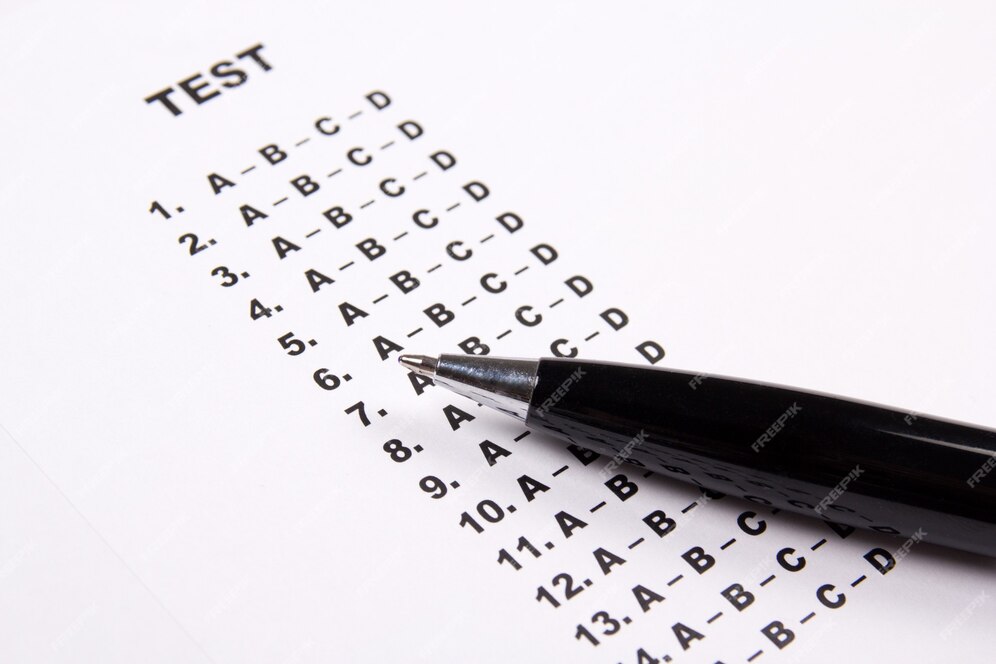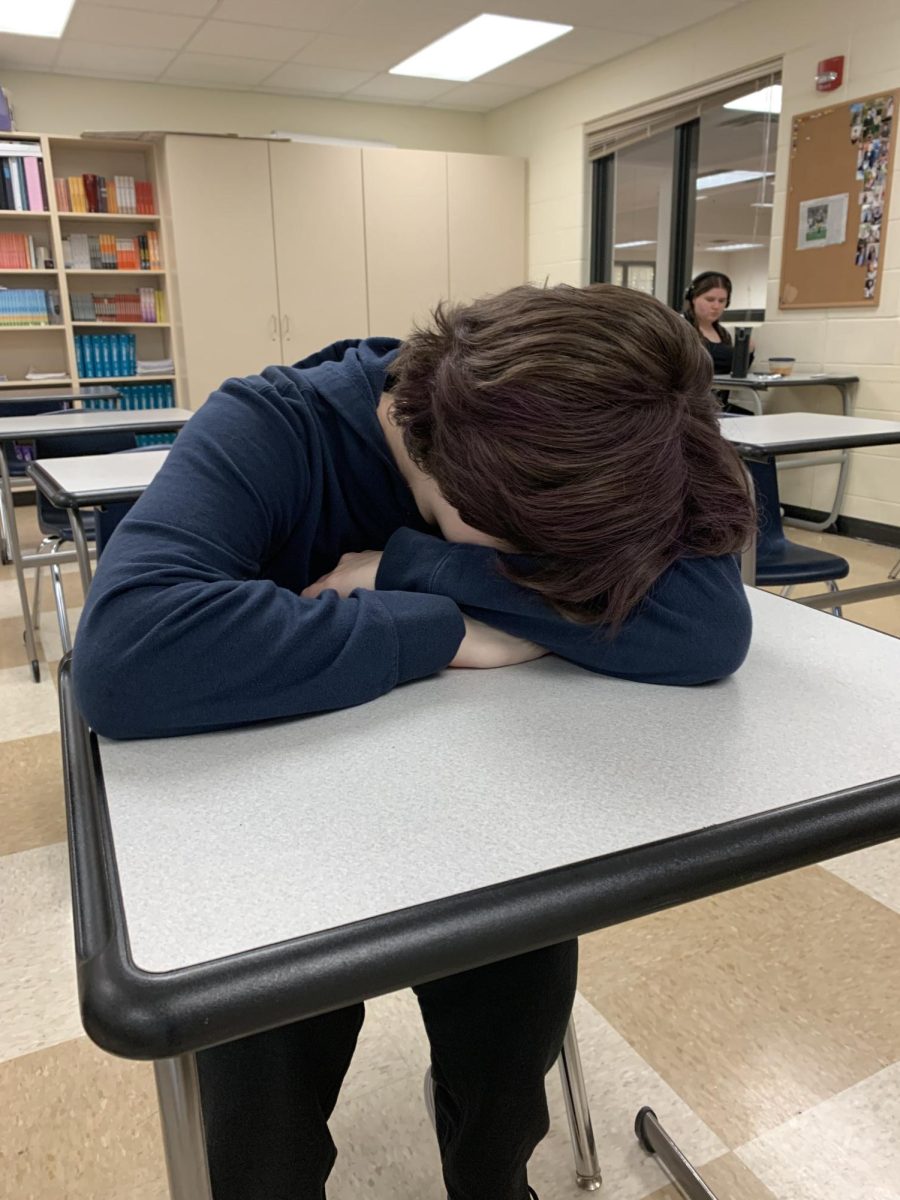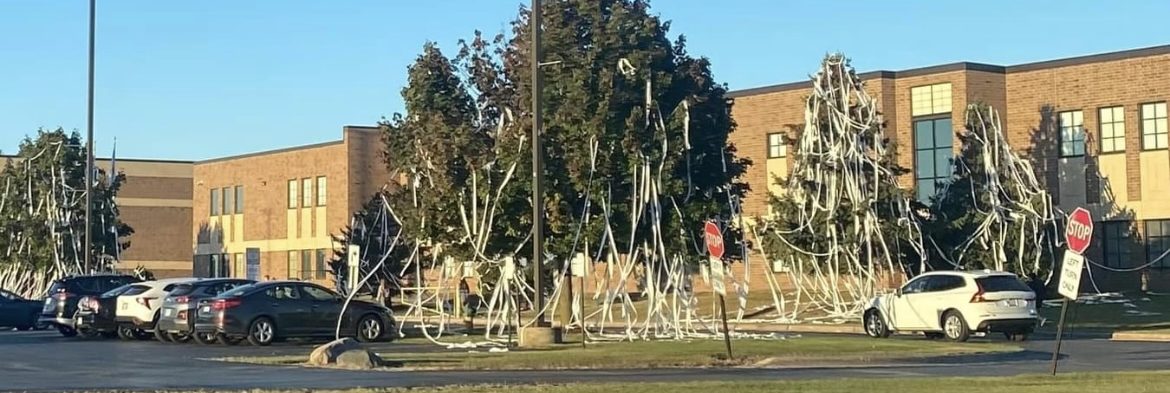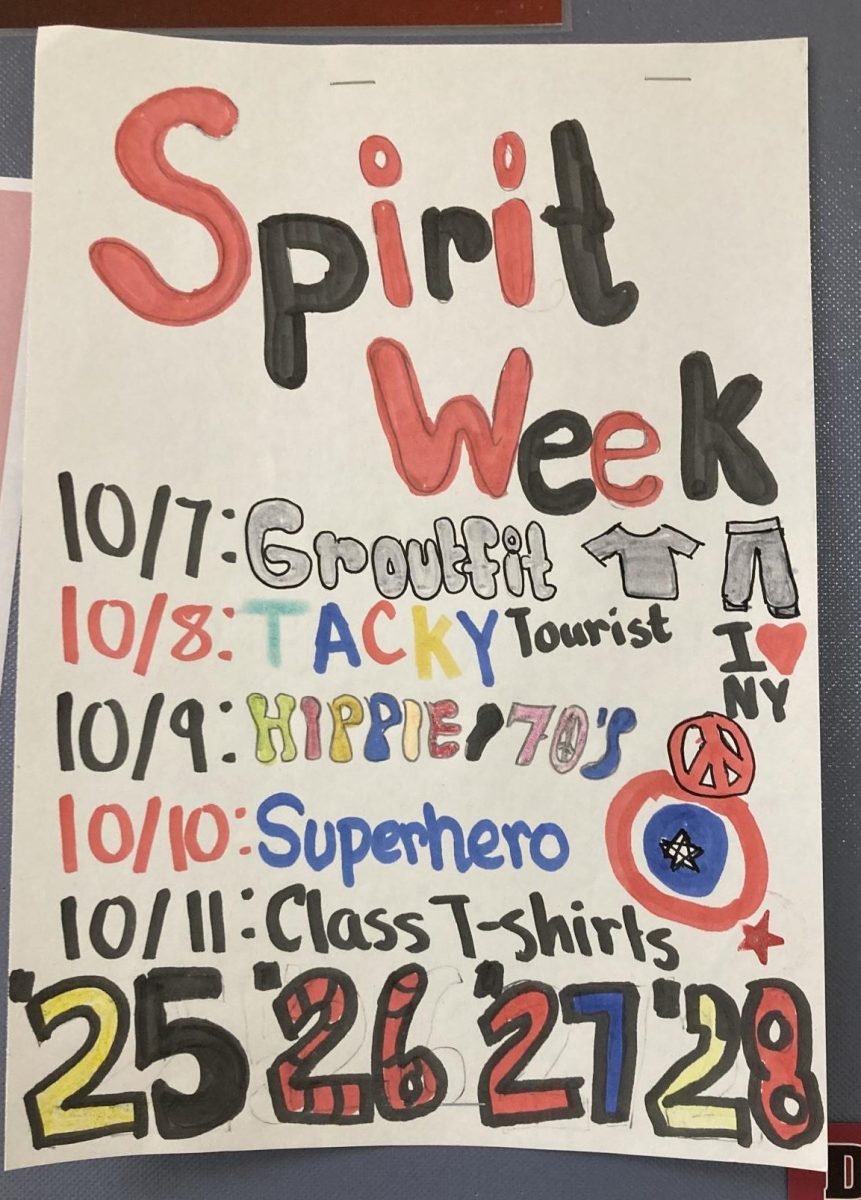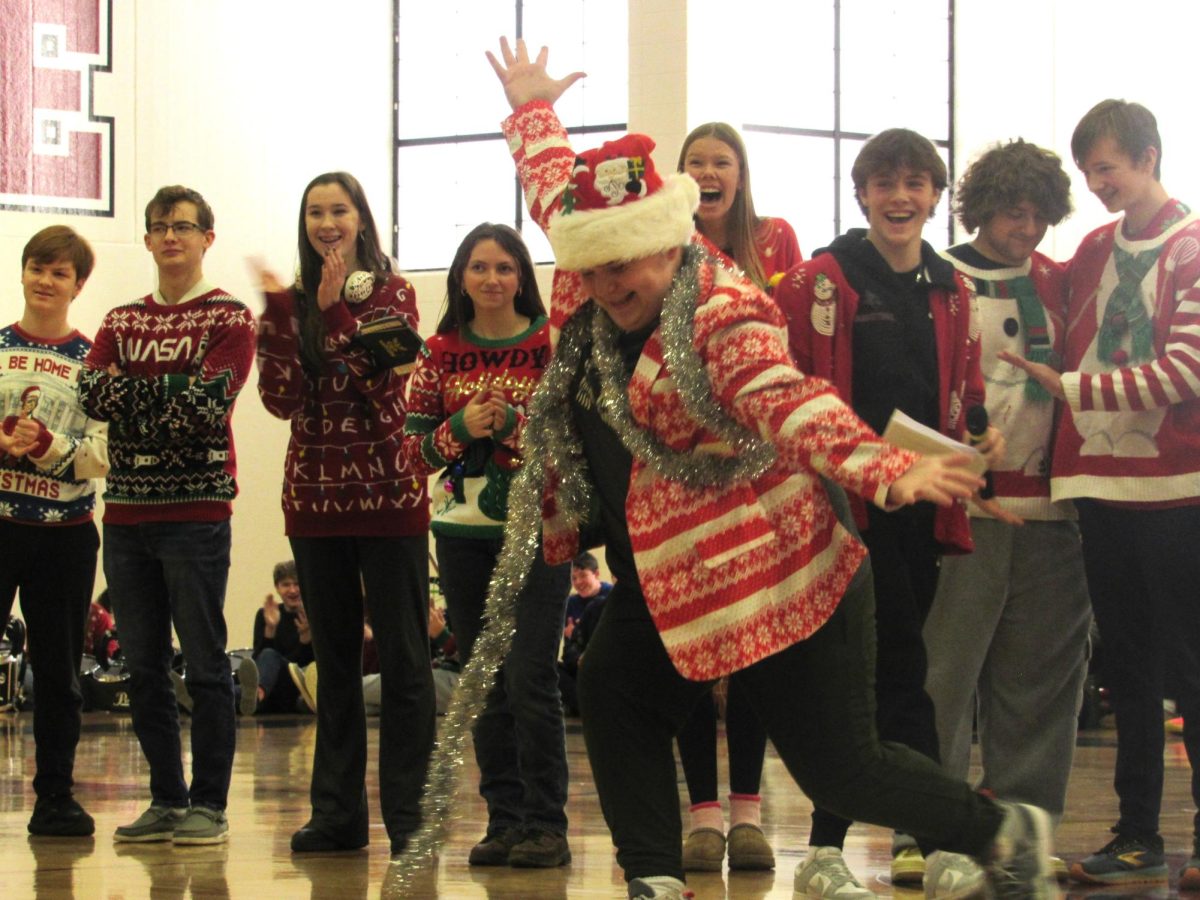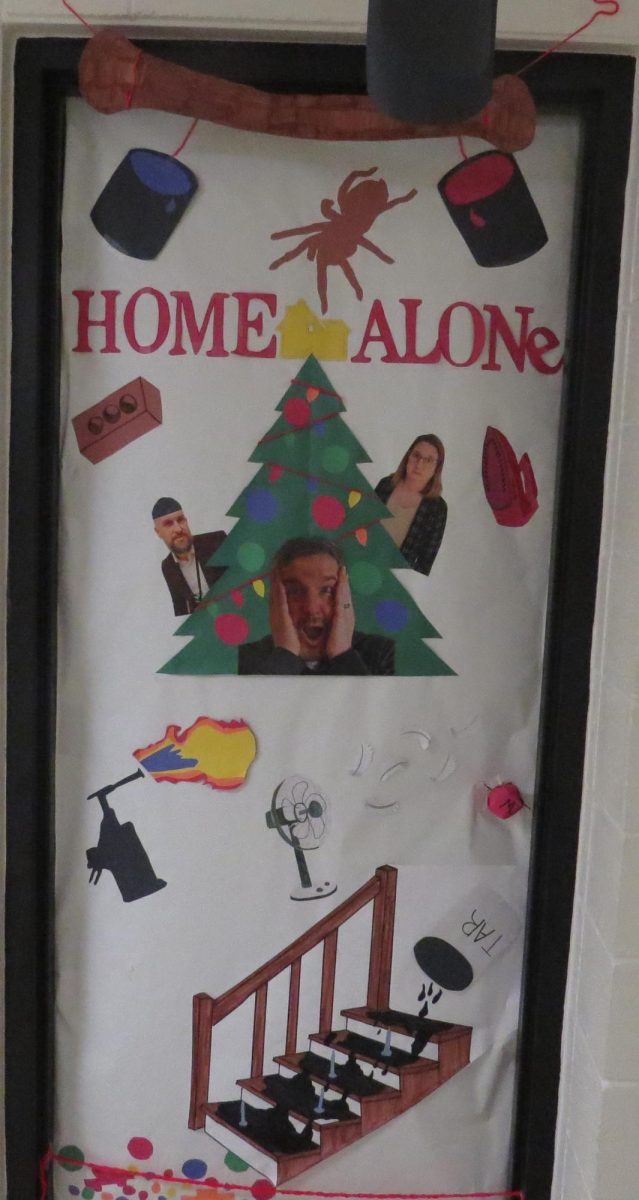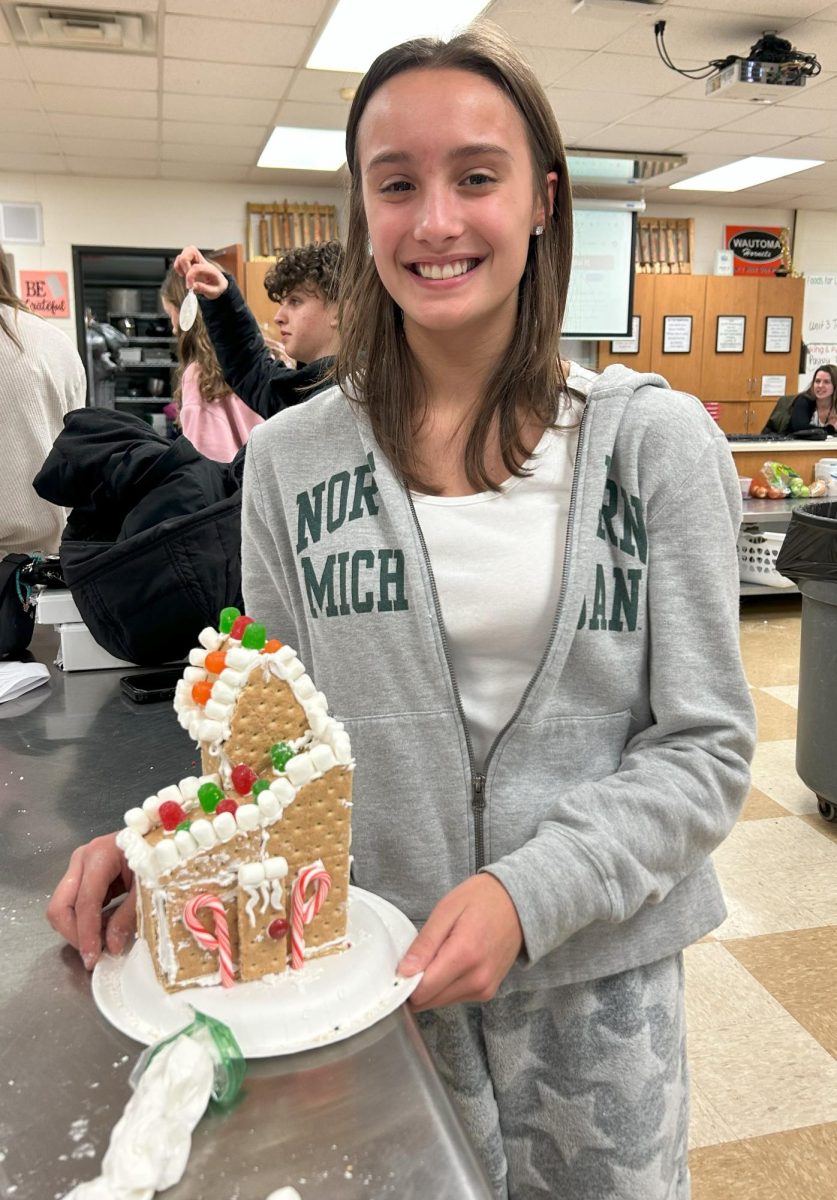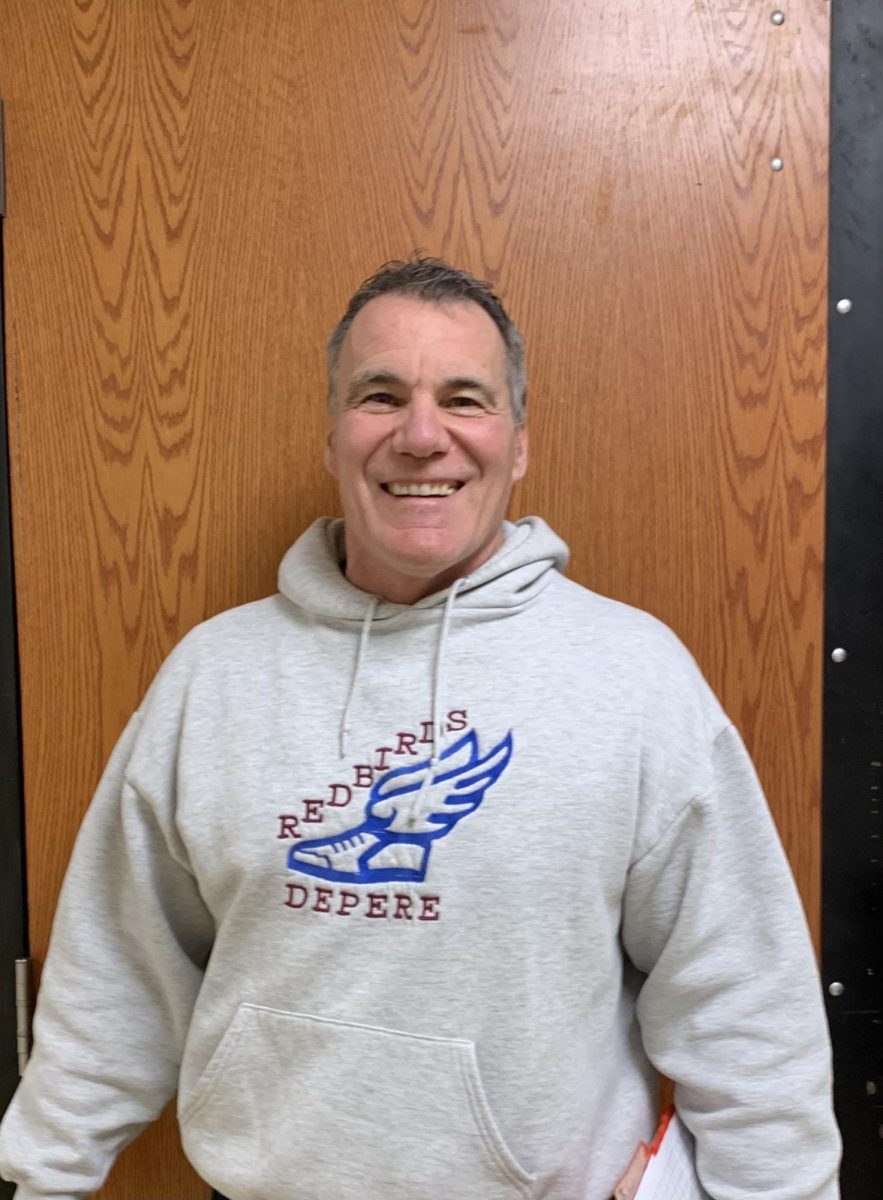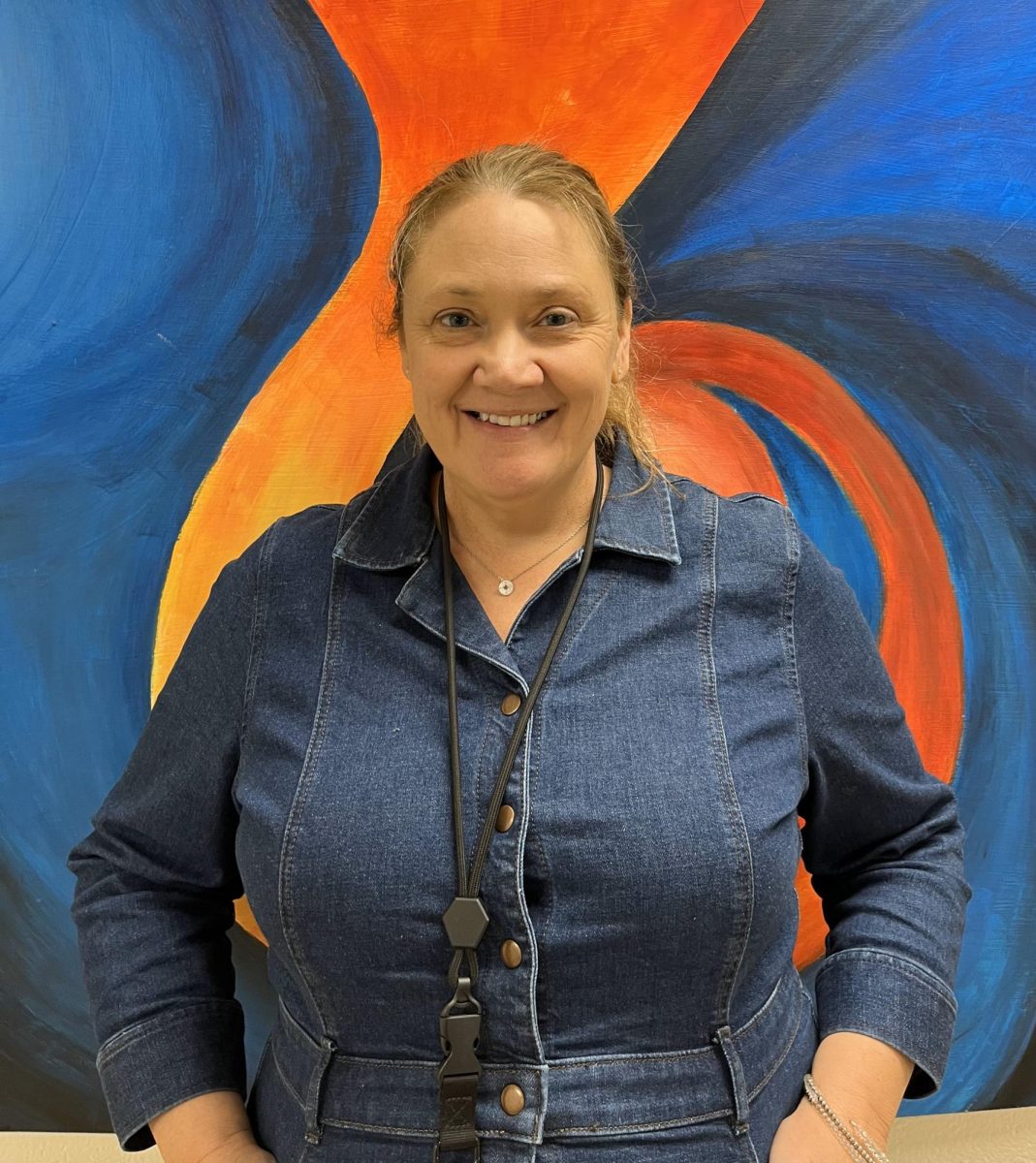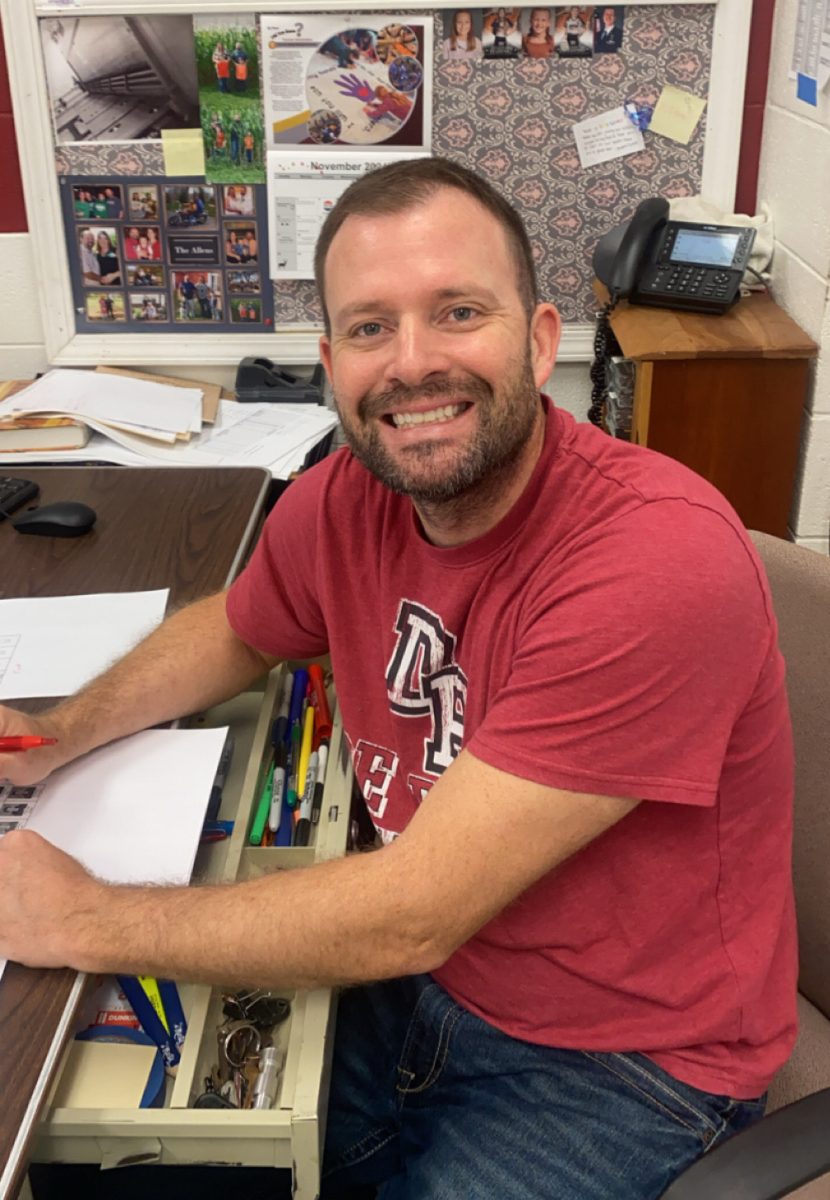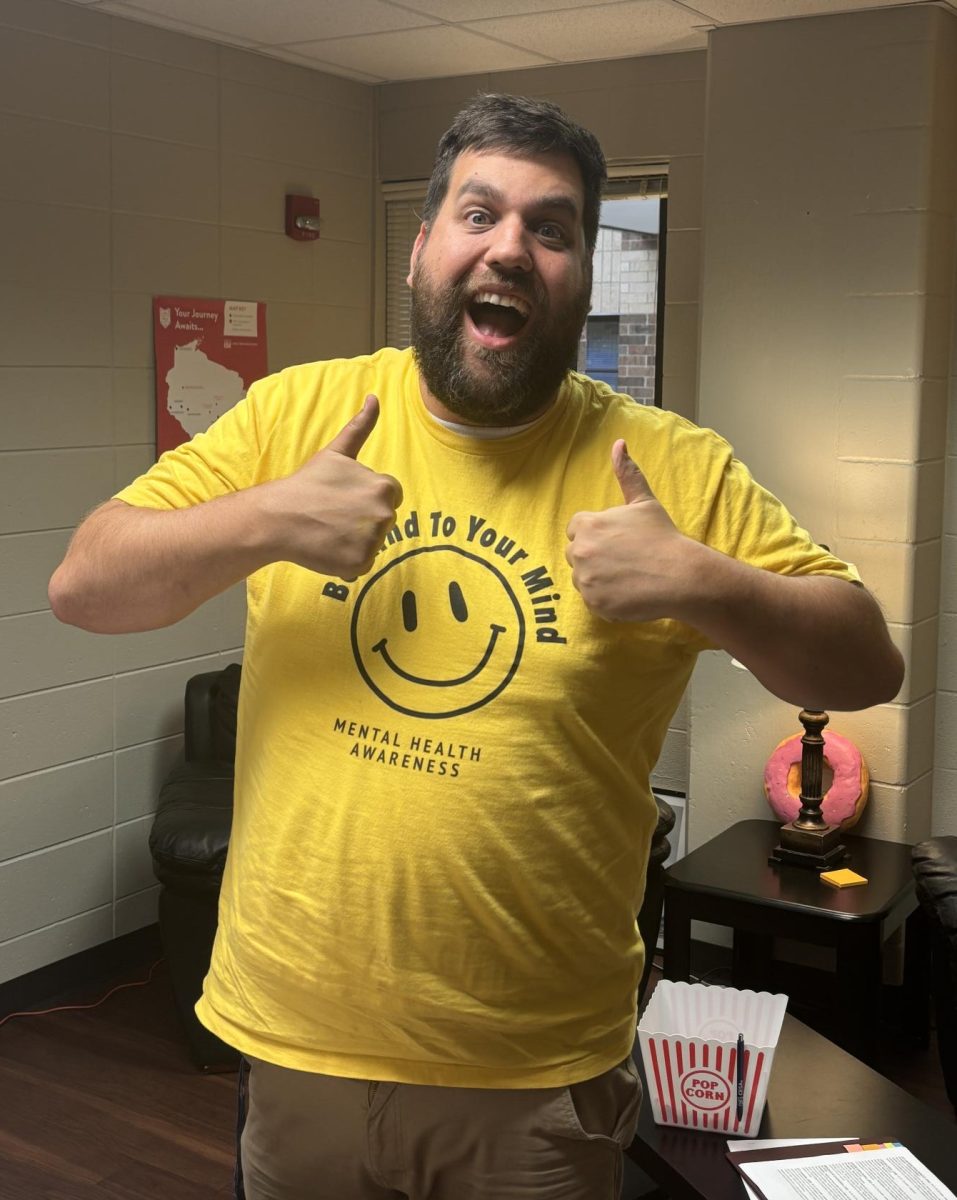Since 2012, De Pere High School staff have been using the same set of rules and requirements for the school retest policy. However, the administration has been taking a closer look at this policy lately in an attempt to have a more clear, district wide set of rules for when and why a student is qualified for a retest.
Currently, the school’s policy for retesting is not equally enforced among departments and even specific teachers.
According to principal Roger Allen, De Pere High School might be looking to adopt a more universal policy regarding the steps students must take in order to retake tests.
“Right now, we are just trying to gather as much information about retesting and what it has looked like,” Allen says. “From there, we’ll talk about how we can improve it.”
DPHS teachers have had varying opinions on the current standings of the school’s retest policy. Some teachers think any student should be able to retest easily, while others believe the process to earn the ability to retest should be a bit more difficult.
Advanced biology teacher David Wolf does not mind offering retesting to his classes, as long as the student does the required work to meet the expectations for the retest. This work for Mr. Wolf includes having every assignment for the unit submitted, completing the review packet before the test, and correcting errors made to the original test.
“We want students to do as well as they can,” Wolf said, “as long as you go through the steps to relearn the material. That’s what our goal is, to teach the curriculum.”
Math teacher Paige Venstrom says that the current policy is too lenient. Venstrom also believes that limiting the number of times a student can retake a test would prevent people from retesting who are just looking to bump their grade up a small amount.
“Only offering one retest per semester [per class] would probably be a more accurate depiction of a student’s ability for that class,” Venstrom said. “Taking another look at our retest policy might help cut down on some of the students who just didn’t get their ‘A’. Maybe kids will start to take the first go-around more seriously.”
The district is also collecting data this school year to take a look at how many students frequently retest, as well as what students’ opinions are on retesting.
“I retest because sometimes I miss a certain concept and I need some more time to be able to understand it better,” said junior Sam Collison.
Contrarily, junior Finley Castro doesn’t consider retesting an option.
“I don’t retest because I know I’ll use it as an excuse to not try hard the first time,” Castro said. “I don’t want to put myself in a more difficult position.”
Although it is being discussed, the school does not know if change to the retest policy is an official plan.
“Nothing would change this year,” said principal Allen. “If anything would change, it would change next year.”
